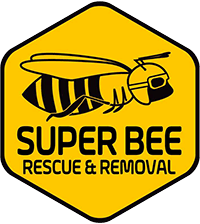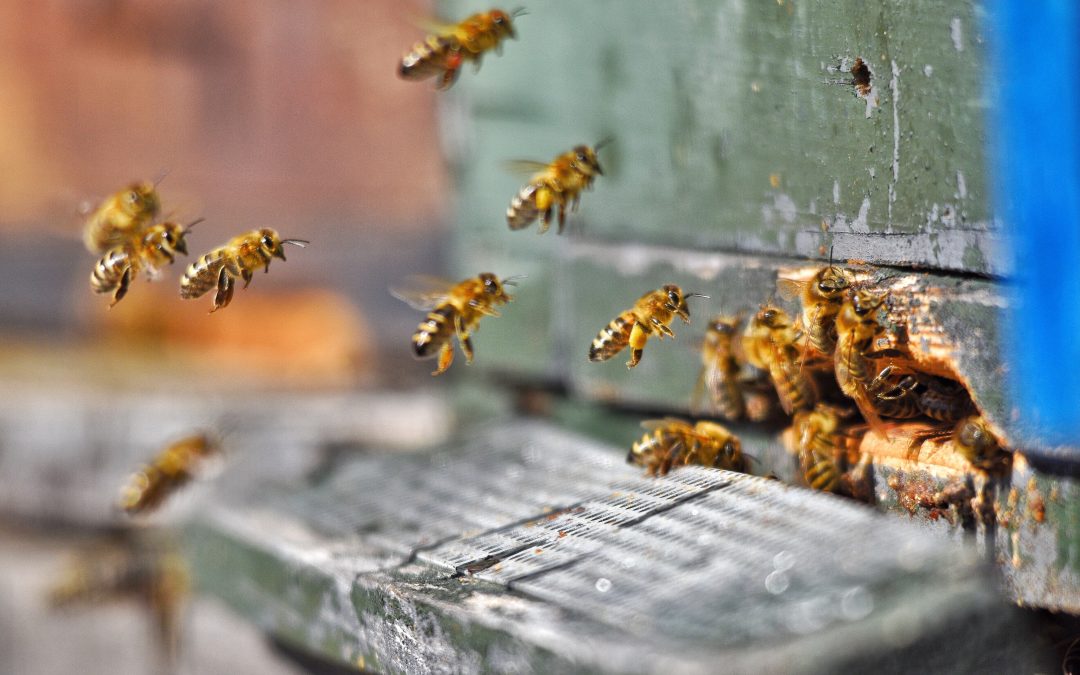By Nicholas Wigle and Rachel Binstock
As beekeepers we are required by law to register their hives on the first of the year with the county in which the apiary is located and we do so in the hope that registering will help protect our bees.
We met with Mary Ann Rajala on January 25th 2016, the supervising Biologist at the Agricultural Commissioner’s Office, to register our hives.
How does registration help protect bees? Well, many local agricultural growers use pesticides to treat various agricultural pests. Some of these treatments have been known to affect bees. Since it’s in everyone’s interest to protect our pollinators, the county goes into their hive registry and gives beekeepers 48-hour notice that an agricultural pesticide applicator will be spraying a product labeled as harmful to bees. This is not just a courtesy call, the idea is to provide beekeepers time to take the necessary steps to either cover or move their hives.
Here are some of the other questions we asked the county:
Who can/should register a hive:
Any beekeeper with hives, whether it’s 1 or 200+, should let the county know through this registration process. It’s best for the beekeeper to register as they are the hives caretakers and will be notified with 48 hour warning. If your beekeeper is out of state its best to put the hives closest caretaker, think emergency contact.
Where to register:
You can register your hives here. Print out the form and mail it to 263 Camino del Remedio, Santa Barbra, CA, 93110.
What happens to the registration:
Processing starts as soon as the registration is received. The address you provide is put on a map so when sprays are scheduled, all reported hives within a 1-mile radius is notified. Please make sure to provide a phone number AND email (even if the form doesn’t ask for one).
When should you register your hives?
Register your hives at the beginning of the year, or as soon as you bring bees into the apiary. Registration doesn’t transfer year to year so make sure to re-register every January. If you know where your hives are projected to be, but aren’t sure, it’s best to provide that info to the county just in case.
What circumstances warrant a notification?
Beekeepers are notified when the chemical labeled by the EPA as toxic to bees. Check out the EPA’s page on pesticide risk assessment.
Any other benefits to hive registration?
The county is able to do outreach around specific issues when they know your keeping a hive. If there’s an event or a problem they are able to bring the community together through this database and
coordinate meetings and resource sharing.
Mary Ann Rajala told us they only normally have 50 beekeepers registered. This is a tiny fraction of all the hives out there. The county can’t notify unregistered hives when toxic to bee pesticide applications are scheduled. We believe that the more beekeepers that register there hives and follow city and county rules the more beekeepers have influence over policy decisions. A silent minority is never heard.
Mary Ann Rajala wants you to know:
Beekeepers are caretakers. It’s really important, as beekeepers to make sure bees are inspected regularly. Don’t forget to provide a water source so they don’t end up in your neighbor’s pool. Also, especially during a drought, check the area to ensure there is enough forage for the bees to survive. Make sure to let your neighbors know you have a hive and are following ordinances concerning bees.
Super Bee would like to thank Mary Ann Rajala for taking the time to speak to us. We would like to see the number of registered hives at least double for 2016. If you have questions about whether your hive is in compliance or need help checking your bees please contact us for a consultation.
State rules – DIVISION 13 BEE MANAGEMENT AND HONEY PRODUCTION

